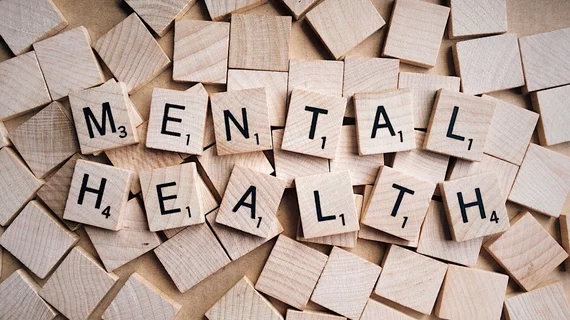Virginia Tech researchers use brain imaging, AI to diagnose mental illness
In an effort to destigmatize mental illness and help patients find better treatments, researchers from Virginia Tech’s Fralin Biomedical Research Institute in Roanoke, Virginia trained a machine learning algorithm with brain fMRI scans to diagnosis mental disorders more accurately than standard methods, according to a recent report by The Verge.
By combining a patient's brain fMRI scans with their clinical history, the researchers hope to discover physical symptoms of mental illnesses and more accurately track the effectiveness of various treatments.
Researchers led by Pearl Chiu, PhD, an associate professor of psychology at Virginia Tech, fed their algorithm participants' imaging scans, as well as their clinical survey responses, behavioral data, speech data from interviews, psychological assessments and saliva and blood samples.
The algorithm provides neurological information by learning what parts of the brain are lighting up for certain stimuli and detects new patterns in social behaviors. It can also indicate where and when a certain treatment is effective and whether it is effective at all, according to the article.
To combat biases, Chiu’s diverse team were blind to the patient's mental health history and treatment history.
“By making mental health disorders more physical, Chiu hopes to help destigmatize them as well,” according to the article. “If it can be diagnosed as objectively and corporeally as heart disease, would depression or bipolar disorder or schizophrenia carry the same shame?”
Read the entire article below.

